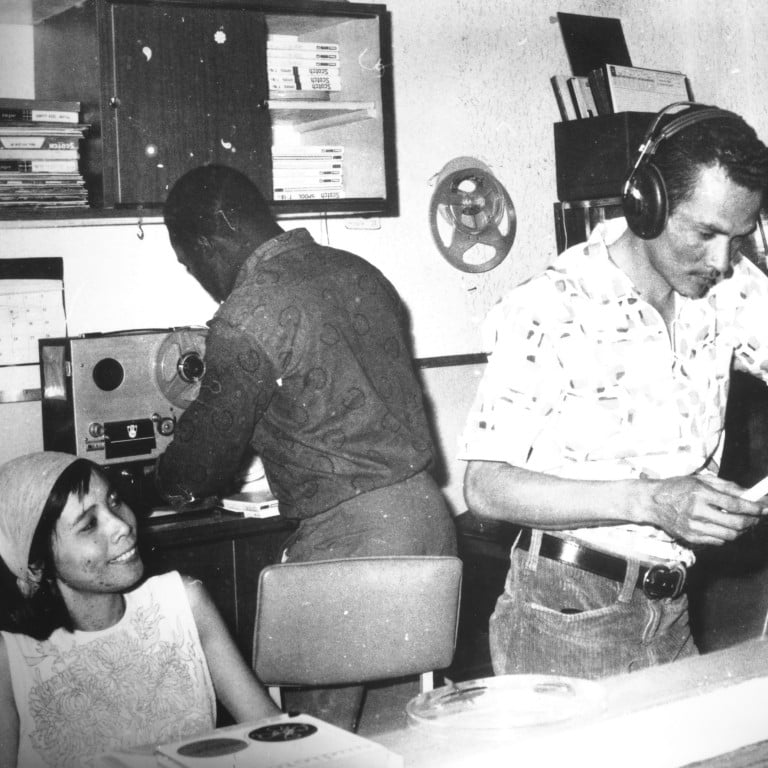
From Bob Marley to Peter Tosh: the reggae empire built by a Chinese-Jamaican family
- VP Records’ Patricia Chin, born and bred in Jamaica, celebrates the 40th anniversary of her famous reggae record store opening in New York
- Marley and Tosh used to record in the Chins’ studio in Jamaica when they were teens
Almost five years ago on a local television show in New York, the host was taken aback at the appearance of Jamaican reggae artist Gyptian being introduced by a diminutive, elderly Asian woman.
“He was not expecting to see a Chinese woman talking about reggae,” Patricia Chin, now 82, recalls with a laugh, during a telephone interview from New York.
In 1975, the Chins emigrated to the United States and opened VP Records, in Brooklyn, New York. They later relocated the store, ironically, to the neighbourhood of Jamaica, in Queens, and are this year celebrating its 40th anniversary with a year-long series of events, including a free concert in Central Park on September 10 and the release of a special box set and special-edition vinyl records.
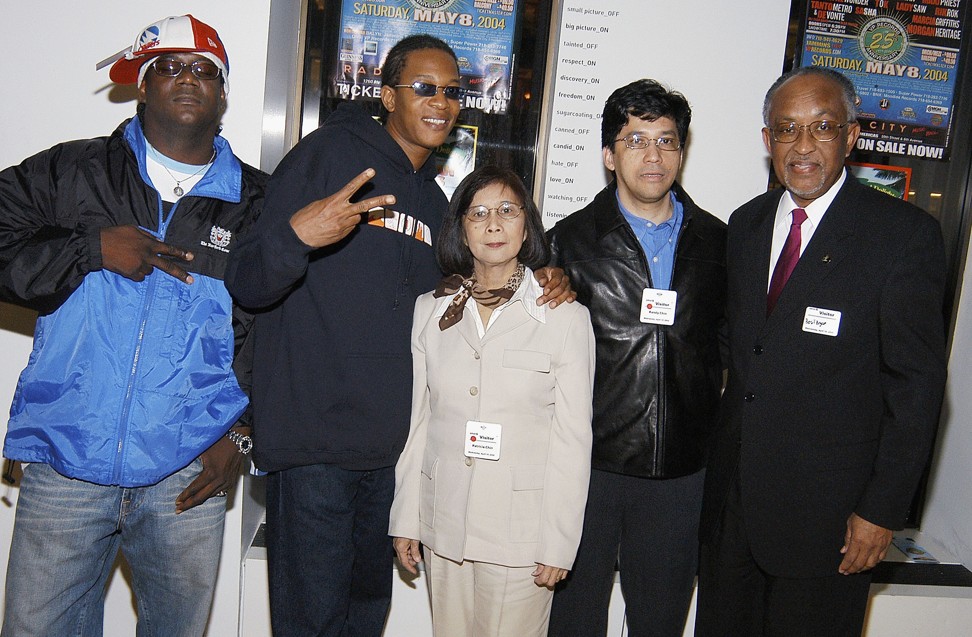
The Chins’ foray into the reggae music genre began six decades ago after the couple met in 1957, the same year Patricia became pregnant and the couple married. She was a student nurse at the time, and admits they didn’t know much about reggae music.
Vincent was travelling around the Caribbean island updating vinyl records in hotel jukeboxes, which were the main form of musical entertainment, and Patricia Chin quit nursing school to accompany him. They then hit upon an entrepreneurial idea.
“We went to the company Vincent worked for and asked them if we could sell the reject records from the jukeboxes,” Chin recalls. “Back then, 60 years ago, we didn’t have Jamaican music, but American music like R&B and Elvis Presley.”
Unesco adds reggae music to global cultural heritage list
People were happy to buy the used records and demand grew so large that customers lined up outside the door of their first shop – Randy’s Records – on Saturdays. They had sublet a small space in a restaurant for the record shop, but eventually bought out the owner to expand their space. They even occupied the building next door to turn it into a recording studio, naming it Studio 17.
“There were seven or eight musicians doing reggae music, while we Chinese were the ones who owned the Chinese shops. [These shops] were the meeting places for young generation Chinese to mix with the blacks,” Chin says.
“The Chinese bought equipment like speakers and turntables, and the blacks had the idea of producing, singing and making music. The shops were like a [public] square for people to meet up.”
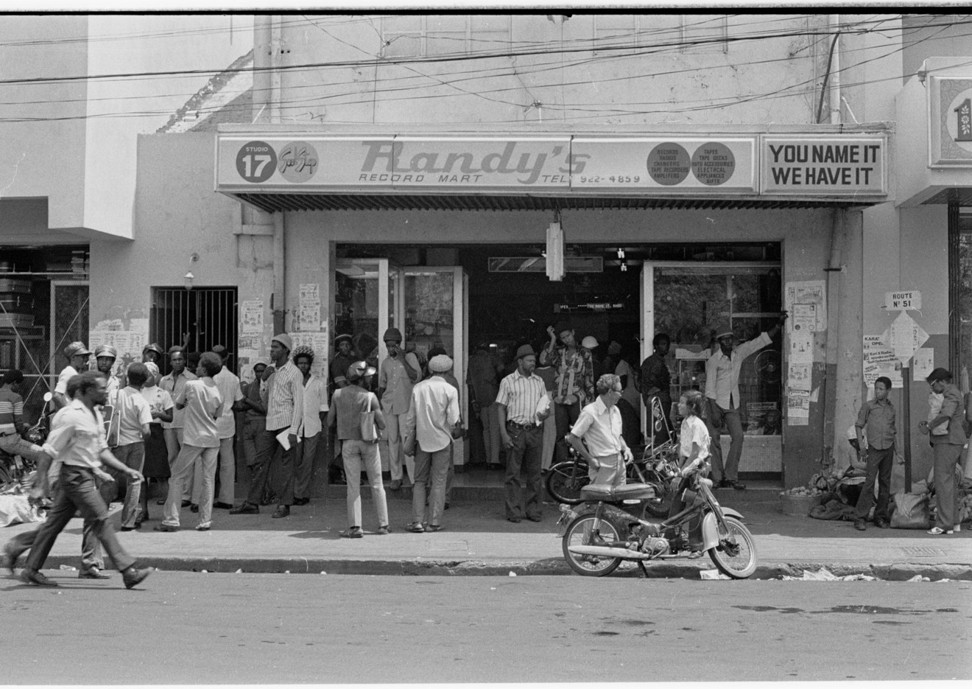
The Chins made Studio 17 more affordable than other recording facilities, to help young musicians. “We invested in them, helped them press and sell records,” Chin says. “It was the natural thing to do. We were a hotspot for artists to listen to music.”
While Chin, who was nicknamed “Miss Pat”, was behind the counter selling records at Randy’s, she briefly met some of the artists Vincent brought to the studio to record with him.
“Bob Marley; he was very shy. He would come in with a producer. Lee ‘Scratch’ Perry and Peter Tosh were young, they were around 16 or 17 years old,” she says, referring to Marley and Tosh.
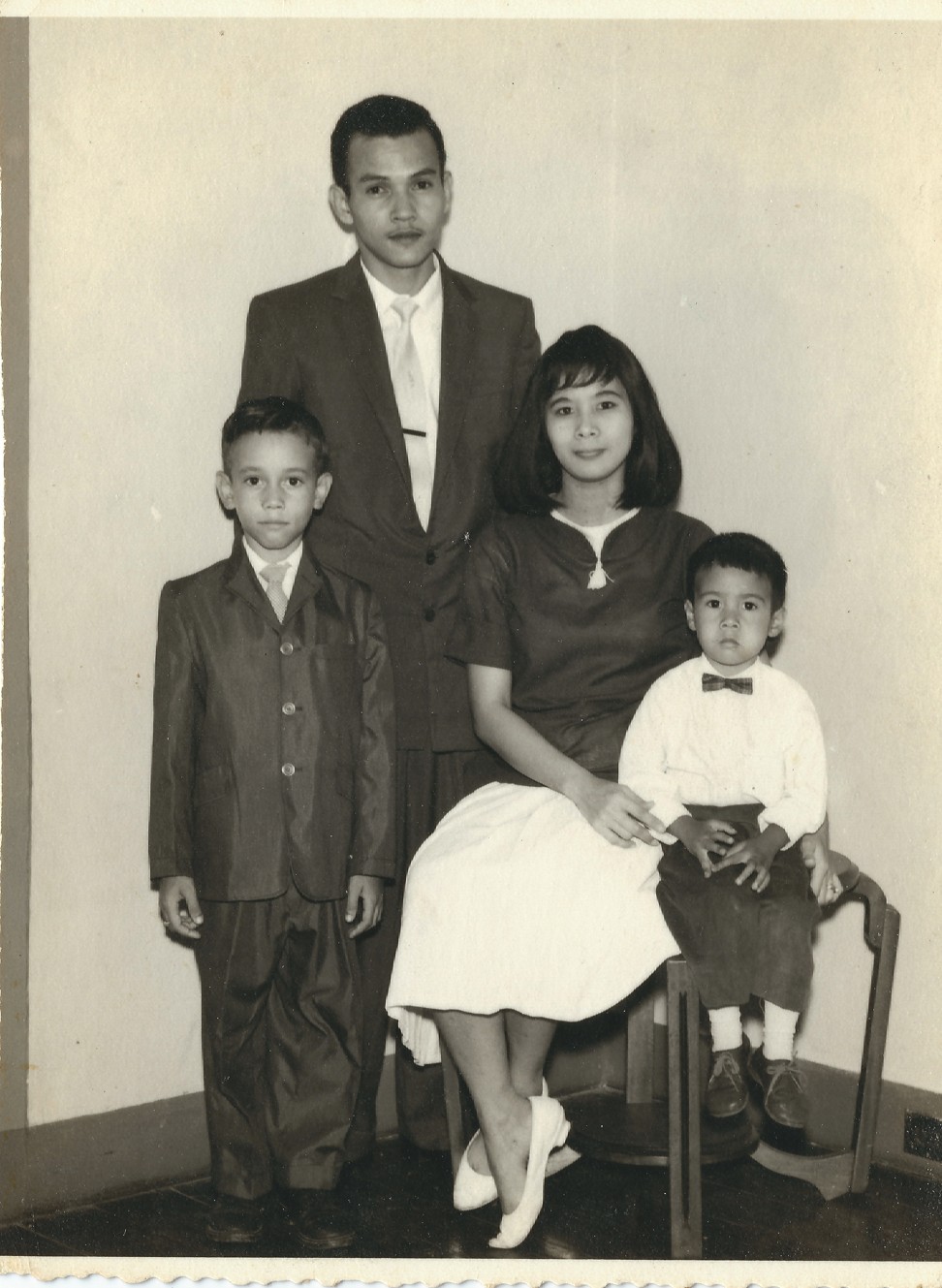
But a recording didn’t mean instant success. “In Jamaica, everyone is a singer, so they [Marley and Tosh] didn’t sell any records at all at first,” Chin recalls. She adds that it wasn’t until British-born, Jamaican-raised producer and founder of Island Records, Chris Blackwell, discovered the likes of Marley and Tosh in the 1970s that they become world famous.
To seek new business opportunities, Vincent went to America and hung out in jazz clubs, where he met many African-American musicians, including rock ‘n’ roll pioneer Fats Domino, reggae singer and songwriter Johnny Nash, and keyboard player and composer Arthur Jenkins, who also visited Kingston to record in their studio.
Amid an escalation in political violence in Jamaica in the latter half of the 1970s, the couple found it increasingly difficult to operate the business, so they left the country bound for the US.
With four children in tow, they landed in Queens, New York, in 1975 and started over with VP Records – using the initials of their first names. Four years later they relocated the shop to Jamaica Avenue and set up record label VP Records.
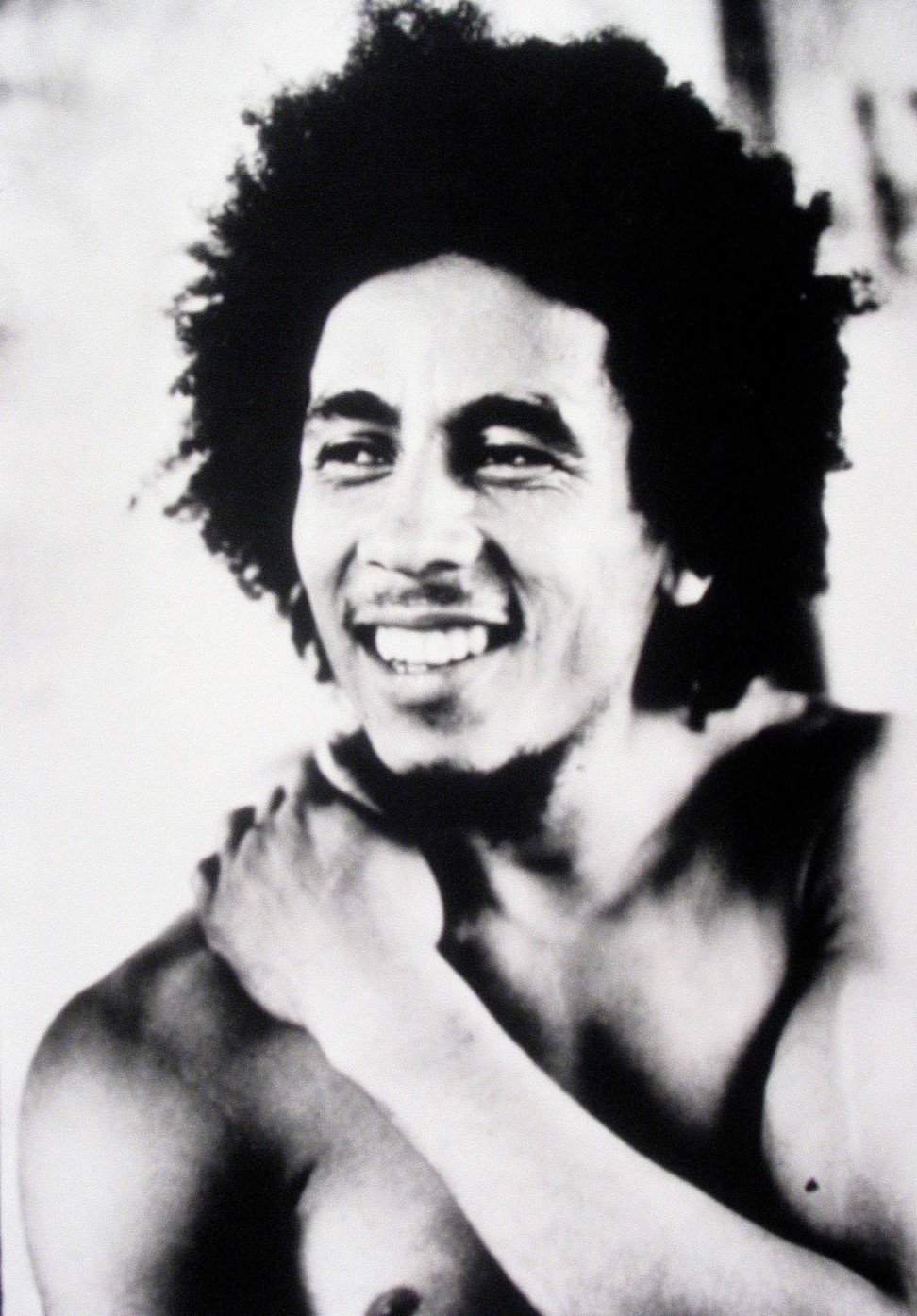
Unlike in their hometown, business was initially slow. American customers only knew of Marley, but not other reggae artists who, Chin says, were just as good as him. They were also unaware of the different styles of Jamaican music, including cool hop, ska and dancehall.
During this period, only a handful of mainstream music stores in New York carried reggae music, so it was a struggle for the Chins to introduce other reggae artists from the genre.
“We thought that Bob Marley was popular so we brought other music like roots reggae, but we couldn’t sell [the discs],” Chin recalls.
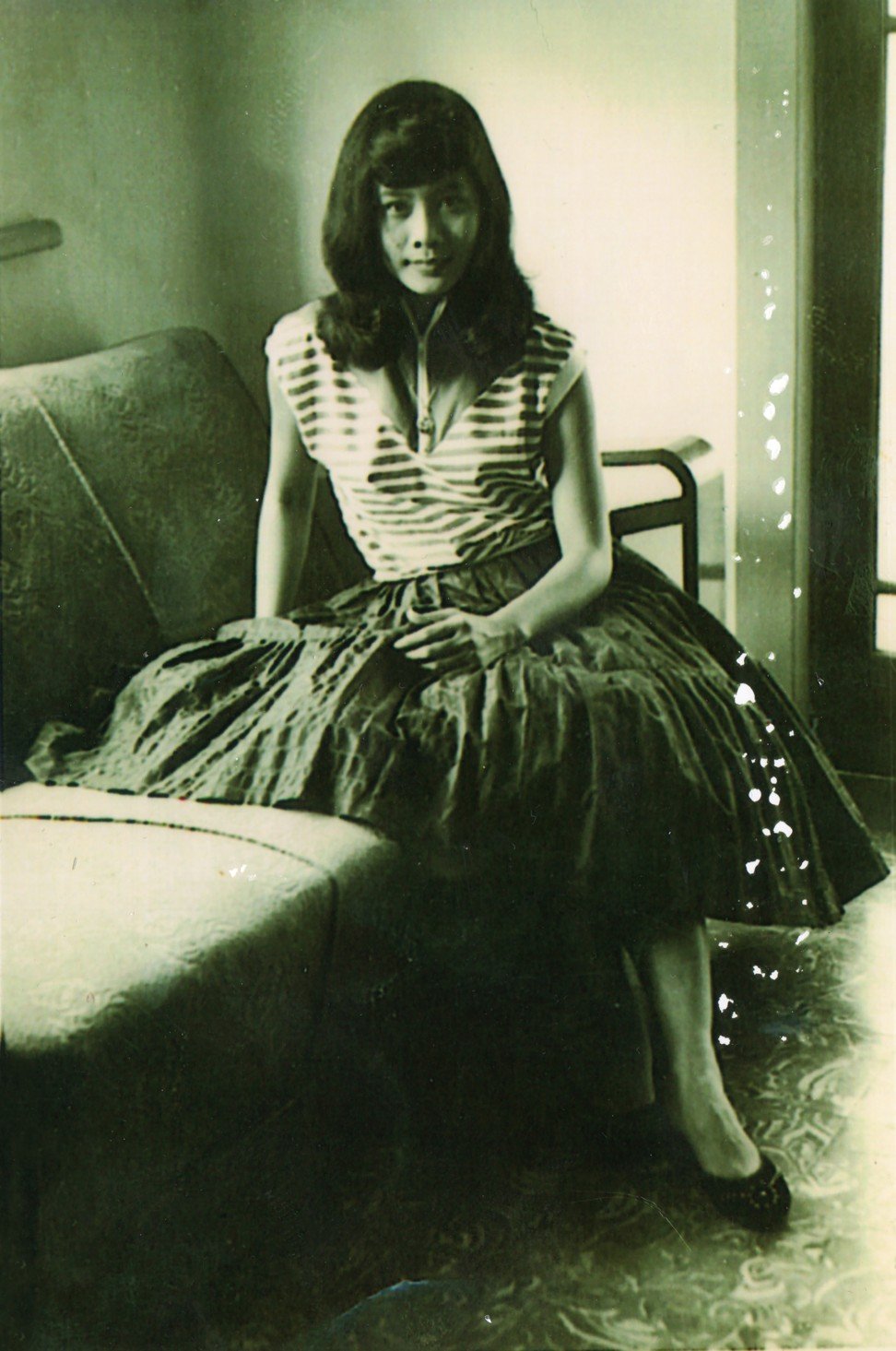
They made only US$270 a week and had to make ends meet by selling records in the back of a van in Brooklyn.
It took five years for business to pick up and they then began to sell reggae records across the US. Chin was so involved in the music business that she was very knowledgeable about the genres and artists.
“I like the music, the people, and I got to know them well. I was immersed in it while I worked at the counter,” she says, attributing her love of music to piano classes her mother enrolled her and her younger sister in as children.
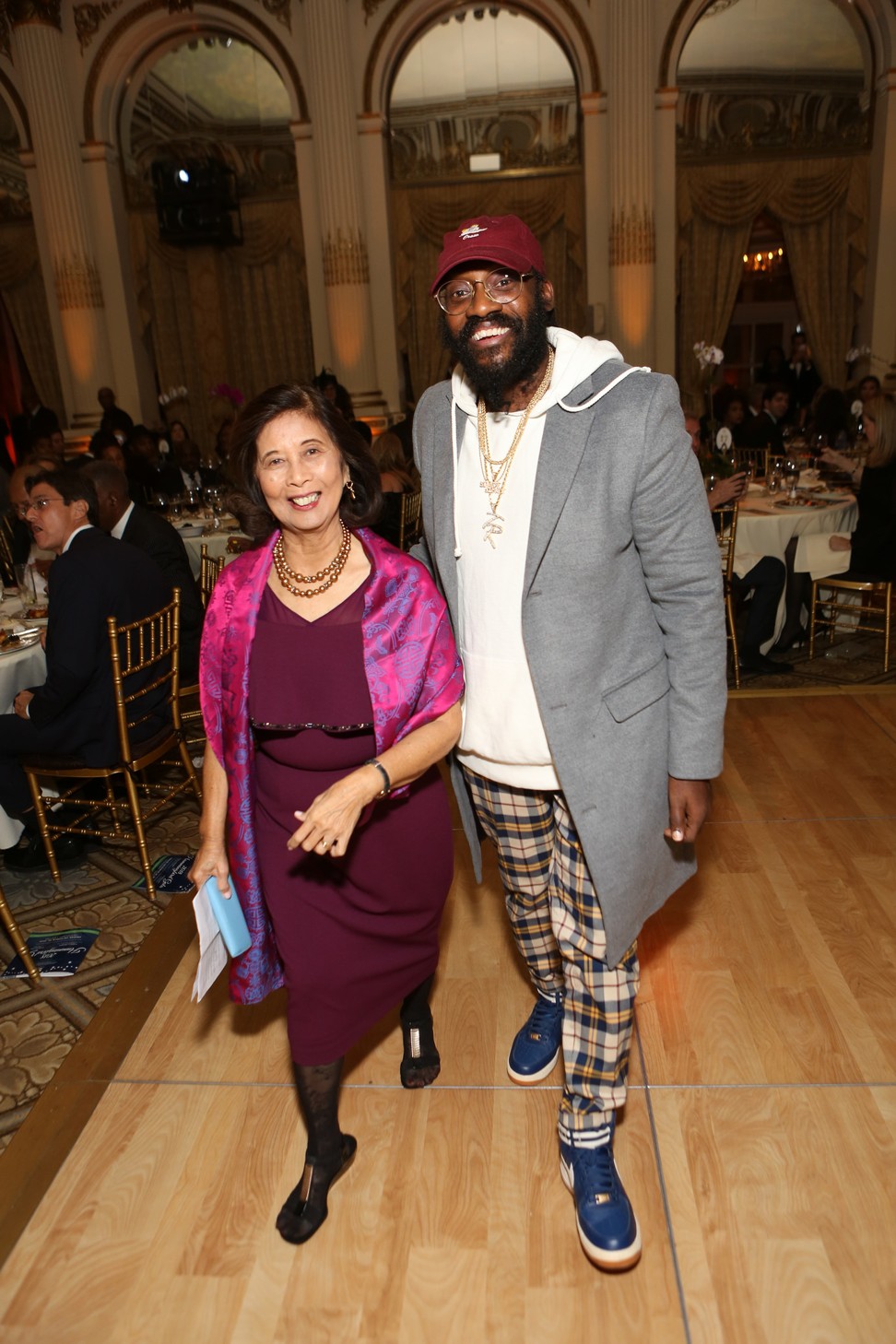
“We were very poor growing up,” Chin says, her mother’s parents from China’s southern Guangdong province and her father’s parents from eastern India.
“I was seven years old, my sister was four and my mother probably paid 10 cents or 20 cents for us to learn piano,” she recalls.
After 10 years in business, VP Records moved from the small shop space in Queens into a bigger building at the end of the block.
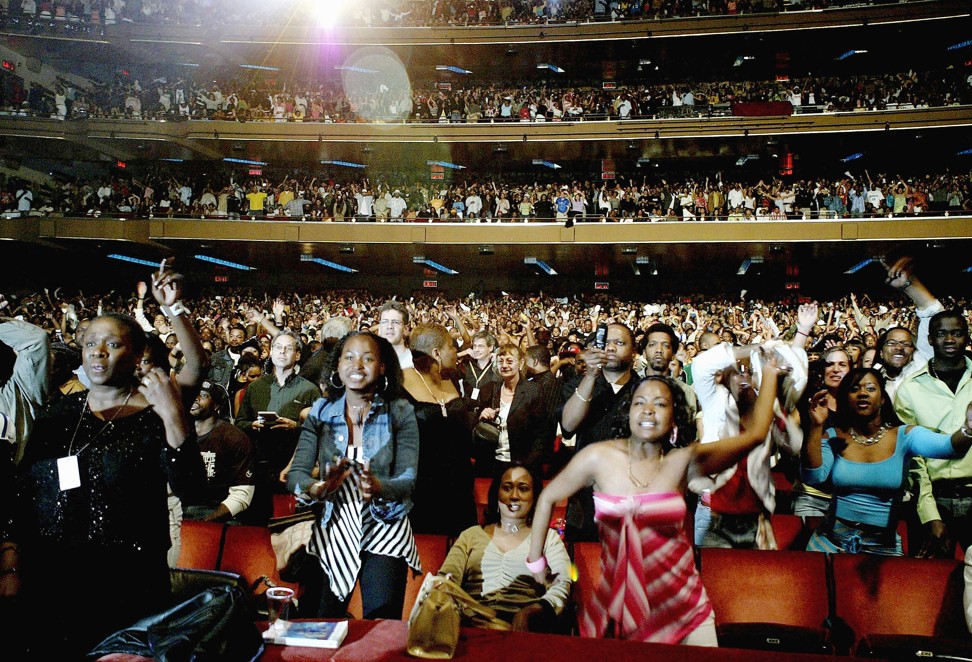
In 2003, tragedy struck when Vincent died from health complications. By this time Chin’s children had begun to help her run the business. Her eldest son, Christopher, had been working at VP Records since the age of seven and, like his father, was personable and liked talking to the artists.
Her younger son Randy, who had worked as an aeronautical engineer at McDonnell Douglas and Boeing, returned home to work on digital downloads, while daughter Angela works in distribution.
Two grandchildren have also gone into the family business. Chin’s stepson Clive, who also became a record producer, went back to Jamaica to set up his own record label, however.
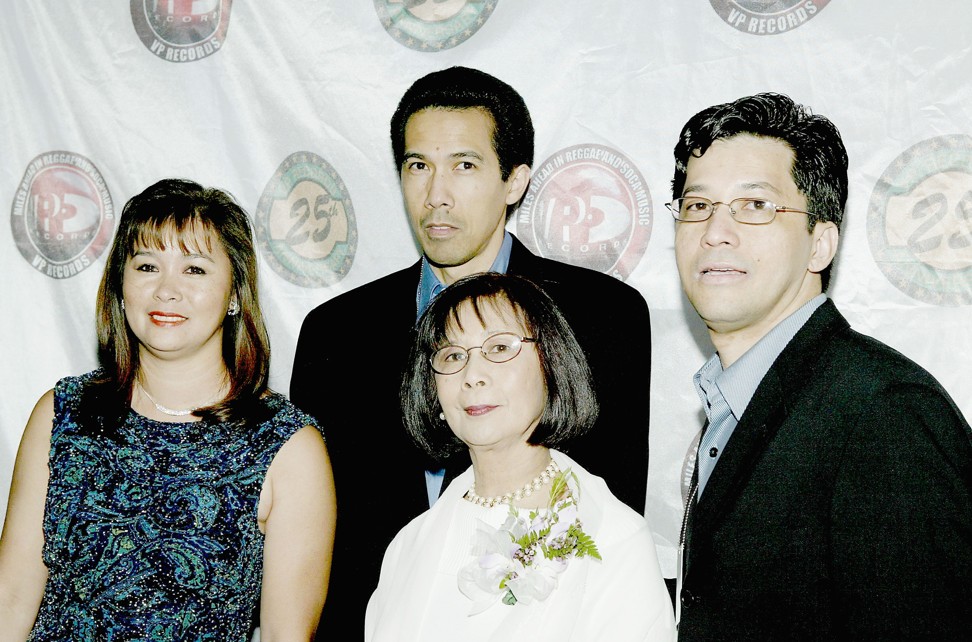
While VP Records is based in New York, they continued to sign artists in Jamaica, record them, make the records and then sell them.
“I didn’t go to business school – things happened naturally for me. [I was able to] see the need to develop artists, even though not all of them succeeded,” Chin says.
She adds that many years ago, there weren’t many Jamaican female artists – they were mostly relegated to the role of backup singer. Today, however, there are a number of successful women singers, including Current, Spice, Queen Ifrica, Jah9, Fay Ann Lyons and Ikaya.
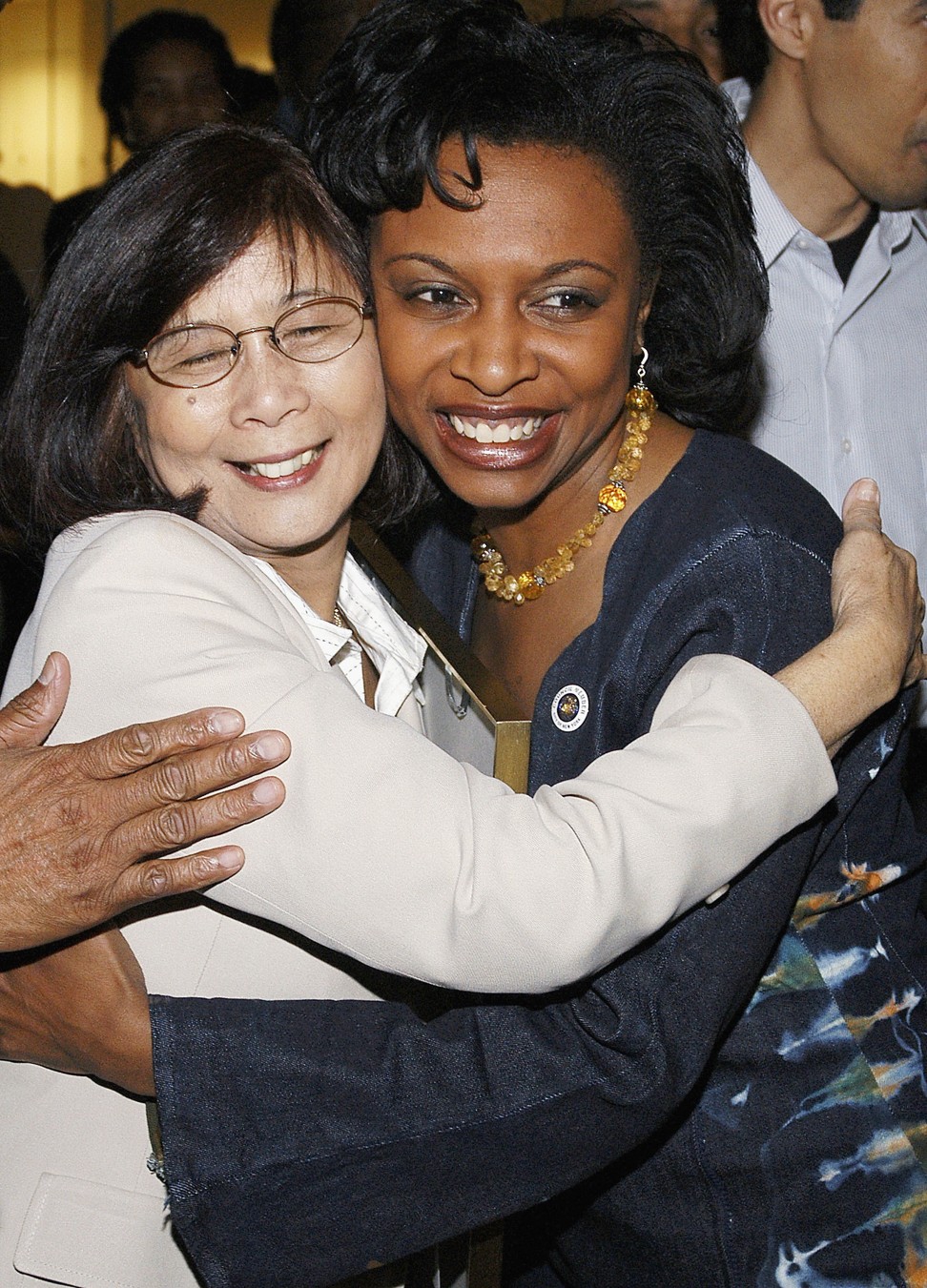
Capping the 40th anniversary celebrations for VP Records, at the end of this year, will be the publication of a coffee-table book Chin is writing to document the family’s music career.
VP Records now has offices in Kingston, Miami, London, Tokyo, Johannesburg and Rio.
“Sixty years of music in Jamaica. Looking back we were just doing a business,” Chin reflects. “Some people say to me that I have a glamorous business, but I don’t know anything about glamour.”

